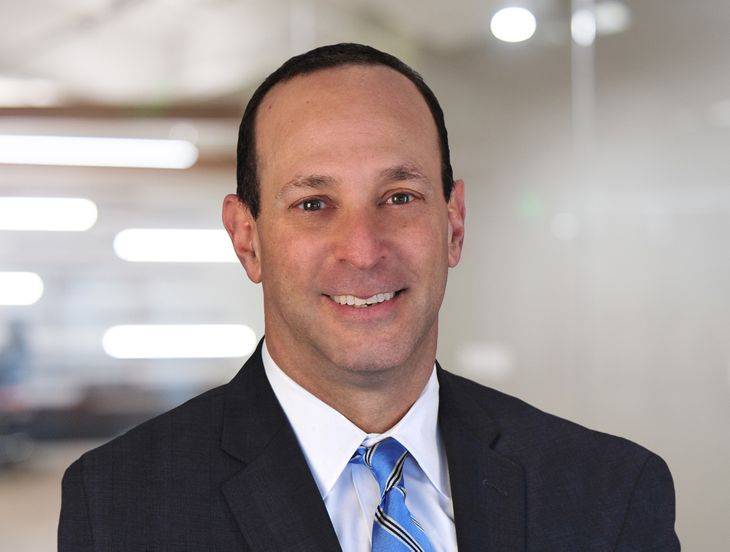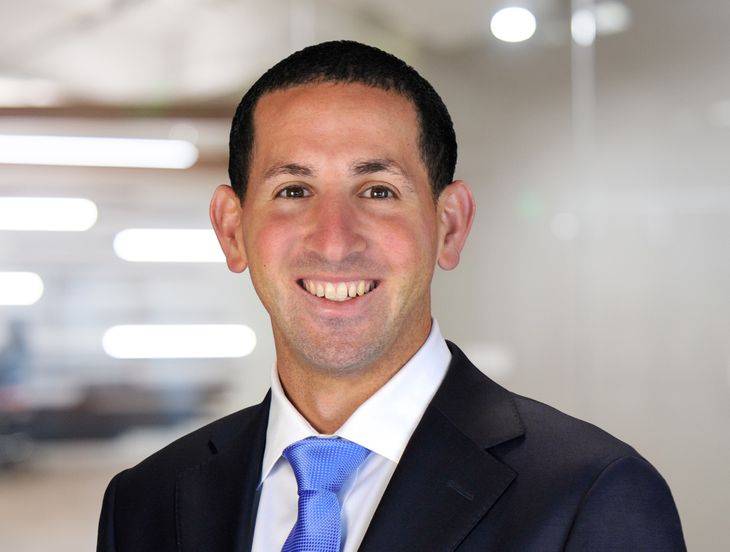Federal Appeals Court Severely Limits Subsequent Violation Rate For California PAGA Penalties
Insights
3.02.21
In a win for employers, the U.S. Court of Appeal for the 9th Circuit just ruled that heightened penalties for subsequent violations under California’s Private Attorney General Act (PAGA) cannot be imposed until the employer has been notified of the violation by the Labor Commissioner or a court. While the February 23 ruling in Bernstein v. Virgin America Inc. essentially reiterates the 2008 holding in a California state appeal (Amaral v. Cintas Corp. No. 2), the practical impact of the 9th Circuit’s decision is that California employers defending PAGA claims now have complete clarity on whether alleged California Labor Code violations will give rise to heightened penalties that would increase potential liability exposure. What do California employers need to know about this key ruling?
Quick But Critical Background
As background, PAGA permits individuals to bring lawsuits against their employers to recover penalties for violations of the Labor Code. When the Labor Code section itself does not specify a penalty for the violation, PAGA fixes the penalty at $100 “for each aggrieved employee per pay period for the initial violation,” and $200 “for each aggrieved employee per pay period for each subsequent violation.” On the other hand, where the Labor Code identifies a penalty, it oftentimes similarly prescribes a lesser “initial” penalty rate and a greater “subsequent” penalty rate.
Federal Appeals Court Rules For Employer
In June 2018, the U.S. District Court for the Northern District of California ruled that the employer was liable for certain California Labor Code violations in the Bernstein case. After reaching its decision on liability, the court turned to the question of damages. The employees in Bernstein sought to obtain increased PAGA penalties based on PAGA’s higher subsequent violation rate. The lower court agreed and the employer appealed to the 9th Circuit.
In overturning the lower court’s decision, the Ninth Circuit agreed with the employer that the higher penalty should not apply. It cited to the 2008 Amaral decision where the state appeals court held that, unless and until the employer has been notified that it is violating a Labor Code provision (whether or not the Labor Commissioner or court chooses to impose penalties), the employer cannot be presumed to be aware that it is continuing underpayment of employees is a ‘violation’ subject to penalties. Absent such notice, the 9th Circuit said, the PAGA “subsequent” penalty rate should not apply.
In applying Amaral, the 9th Circuit reasoned that the employer was first notified of the violations when the lower court granted a motion in the plaintiffs’ favor. For that reason, the employer was not “on notice” of the California Labor Code violations before that time. Thus, the lower court should not have applied PAGA’s subsequent violation rate based on Labor Code violations that had occurred before the ruling.
What Does This Mean For Employers?
Although this week’s decision is a federal court ruling and could still meet resistance from California state courts, the outcome should provide California employers with a strong basis to reject the application of the higher PAGA penalty rate in many cases. Before this decision, it was still common for employees to argue that heightened civil penalties under PAGA should apply after the first California Labor Code violation within the statute of limitations, and after the employer received the PAGA notice letter or the employer received the employee’s civil complaint. Commonly, employees would attempt to value their cases using the subsequent violation rate. Now, these type of arguments from employees should be precluded.
If you have pending or threatened PAGA claims, you should coordinate with your counsel to determine whether you can take advantage of this new standard. You should also monitor future state court opinions to see the extent to which this decision is upheld and further applied. You can review Fisher Phillips legal alerts for further updates regarding this issue and other labor and employment issues affecting California employers. You can subscribe to our legal alerts here, and you can always reach out to your Fisher Phillips attorney or any attorney in our California offices for further information.
This Legal Alert provides an overview of a specific developing situation. It is not intended to be, and should not be construed as, legal advice for any particular fact situation.
Related People
-
- Jason A. Geller
- Regional Managing Partner
-
- Brandon Kahoush
- Partner
-
- Nathan K. Low
- Partner


